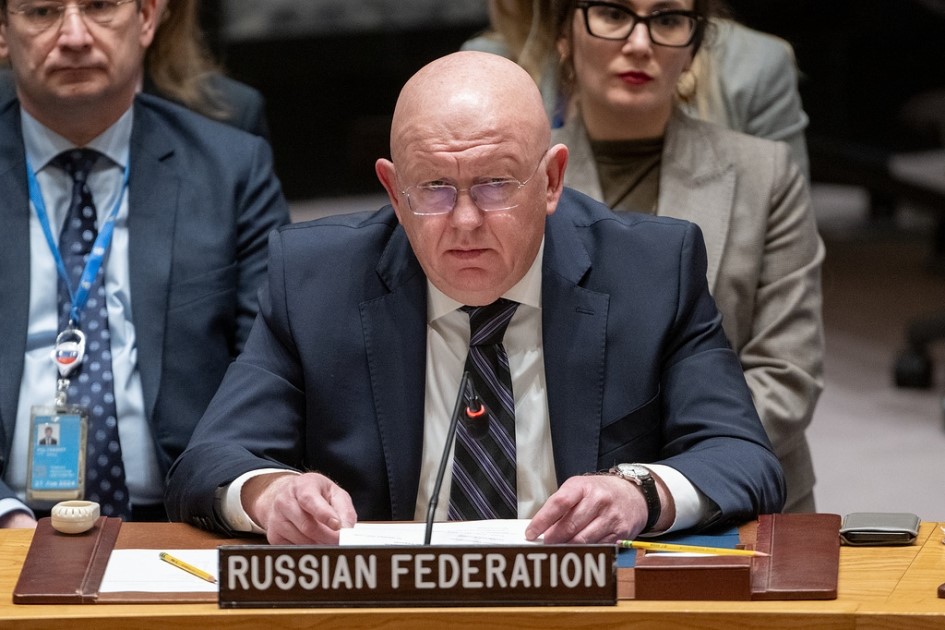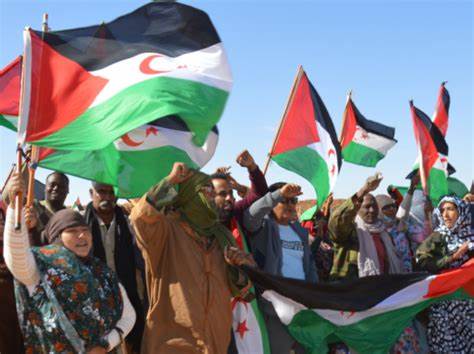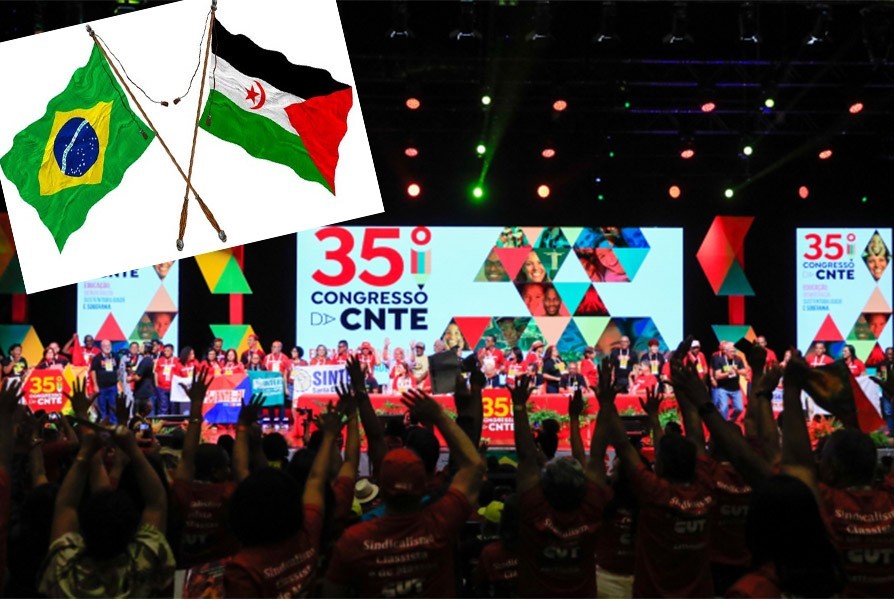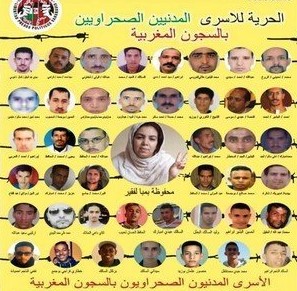
New York (United Nations) 31 October 2025 (SPS) – The Russian Federation has expressed strong reservations over the United States–drafted Security Council resolution extending the mandate of the United Nations Mission for the Referendum in Western Sahara (MINURSO), describing the text as “unbalanced” and a departure from the Council’s established practice.
Speaking after the vote, the Permanent Representative of Russia to the United Nations, Ambassador Vassily Nebenzia, explained his country’s decision to abstain, stressing that Moscow could not endorse a document that fails to reflect consensus among Council members. He further expressed hope that "the cowboy approach of our American colleagues will not backfire nor reignite the conflict that is smoldering for a couple of decades”.
“We could not support such an unbalanced text,” Ambassador Nebenzia stated, adding that Russia was “surprised by the approach taken by the penholders of the file, who decided that they could use the Security Council to advance their national agenda.”
The Russian diplomat denounced the conduct of the so-called “Group of Friends of Western Sahara,” asserting that it had lost credibility and inclusivity. It should be indicated here that this group formed by the US, France, UK, Spain, and Russia is an informal group unilaterally formed, but it surprisingly controls the drafting of the resolutions on Western Sahara and had always refused to allow other members of the Security Council to include their inputs to the resolutions.
“We do not take the ‘Group of Friends of Western Sahara’ into account: given the revised national positions of our partners that are part of it, the group has become a platform for ‘collective monologue,’” he emphasized.
Ambassador Nebenzia further criticized the lack of transparency in drafting the resolution, pointing out that the penholders “politicized and messed up the work on the document.” Despite last-minute efforts to reach compromise, he said, the resulting text represented “a backtrack on the UN’s established guiding principles for the Western Sahara settlement.”
“They have not gone nor been rejected, and these foundations are not subject to revision,” the Russian envoy underscored, referring to the long-standing UN framework based on the Sahrawi people’s right to self-determination.
Russia, he clarified, chose not to block the resolution in order to preserve the momentum for peace. “Russia did not block the Council's resolution to extend the mandate of MINURSO so as to give one more chance for the peace process to prevail,” Nebenzia affirmed.
Concluding his remarks, the Russian Ambassador expressed confidence in the efforts of the UN Secretary-General’s Personal Envoy for Western Sahara, Staffan de Mistura, to facilitate a just and lasting political solution.
“We trust that the Secretary-General's Personal Envoy, Staffan de Mistura, will do everything possible to prompt the parties involved to a mutually acceptable solution under the new circumstances, which will allow the people of Western Sahara to freely exercise their inalienable right to self-determination,” he said. “Such a solution must be in line with both the principles of the UN Charter and earlier Security Council decisions on Western Sahara. There can be no alternative to this scenario.”
With this explanation of vote, Russia reaffirmed its principled position in defense of the Sahrawi people’s right to self-determination, cautioning against unilateral approaches that risk undermining the fragile peace process in Western Sahara.
The UN Security Council adopted a new resolution on Western Sahara yesterday with 11 votes for, 3 abstentions (Russia, China and Pakistan) while Algeria refuses to participate in the vote considering the text proposed by the US unbalanced and inacceptable since it does not help in the resolution of the conflict and imposes a language inconsistent with the doctrine, principles and practice of the UN and its Council. (SPS)
090/500/60 (SPS)



